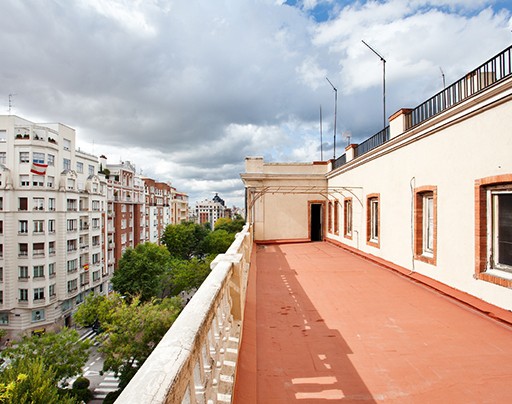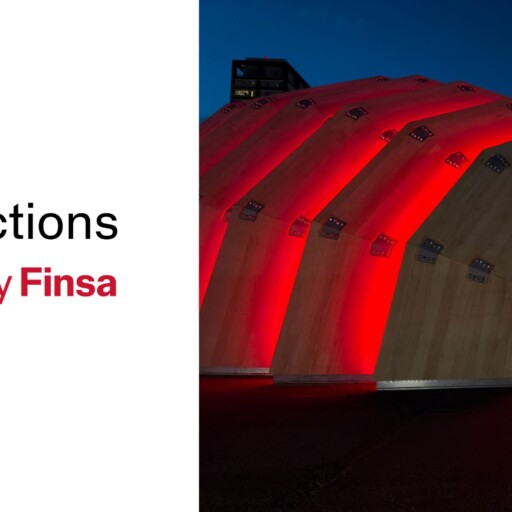The button has been pressed, and the countdown has begun. By 2054, Barcelona will be one of 34 fab cities worldwide that sustainably produce what they consume, from food to energy. This commitment was made by the city in 2014, and so far, it’s on the right track, thanks to the creation of a network of Ateneos de Fabricación (fabrication athenaeums): maker spaces where DIY is an excuse to foster social innovation.
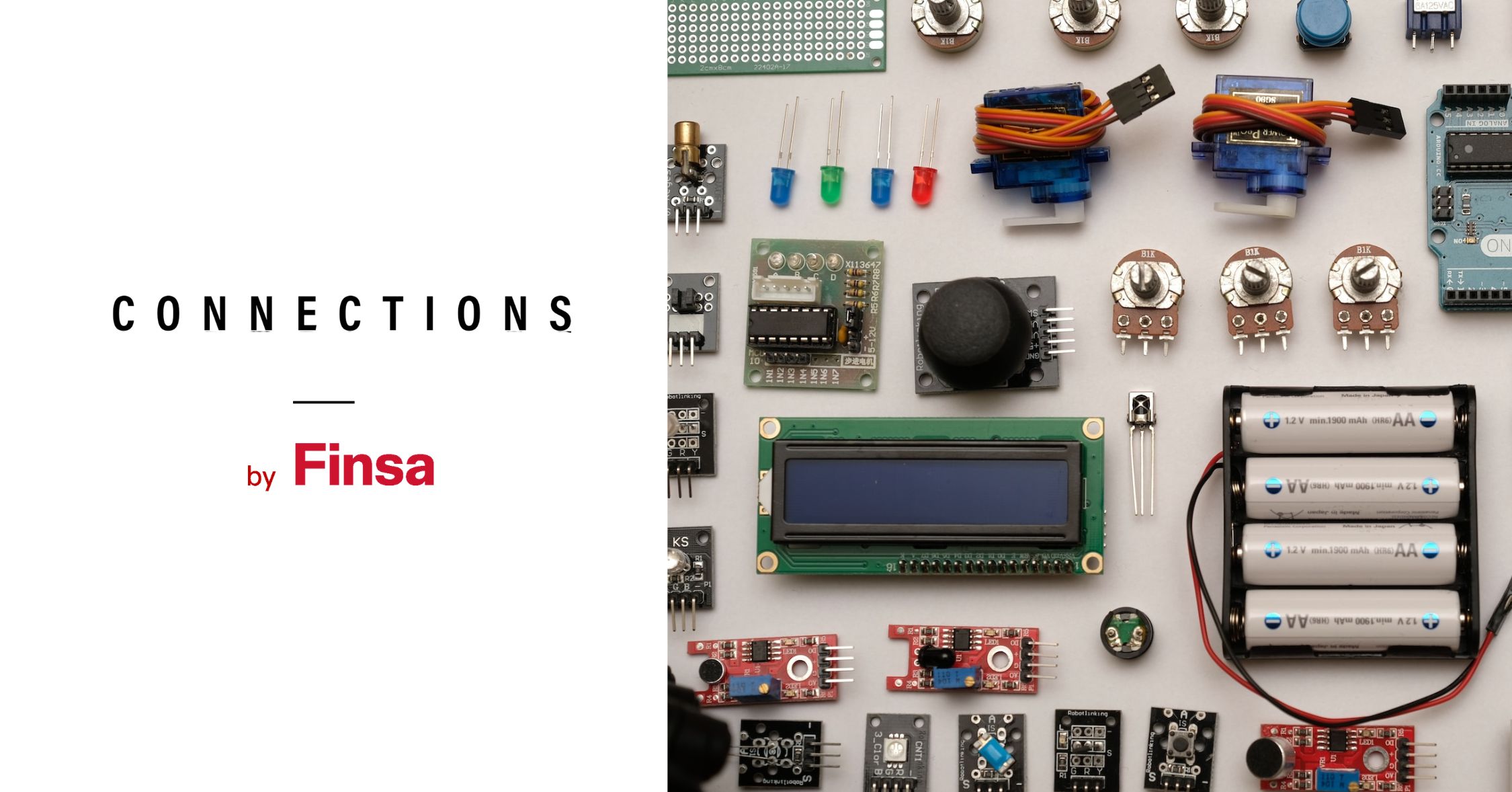
A network of 6 fab labs as the seed of the fab city
The Ateneos de Fabricación are an idea taken from the fabrication laboratories that MIT (Massachusetts Institute of Technology) promoted in the early 2000s as small seeds of the ultimate goal, a fab city. The Barcelona Fab Lab program, located at the Institut d’Arquitectura Avançada de Catalunya (IAAC), is responsible for articulating a network of five public spaces (to which will be added the tallest CLT social housing building in Spain) that disseminate technology and science of digital fabrication. This network of fab labs has been promoting the democratization of production and spreading concepts related to design, architecture, and smart cities among the population since 2014.
These places, located in civic centers in the neighborhoods of Barcelona, are environments where people can learn, collaborate, and be part of social development. The Ateneos merge the maker movement with civic infrastructure, where the institution does what is not possible for individuals – through the cession of the workshop and both material and human resources – and people complement with their work where the administration does not reach.
Although the Ateneos are open access for citizens, specific activities are scheduled for certain groups such as schools, neighborhoods, families, the business world, and associations. Thus, in one afternoon, students from a school preparing a classroom task can come together with a group of retired people who want to learn DIY techniques, promoting intergenerational exchange.
Ver esta publicación en Instagram
The price paid for using them is the counter-performance, a system of social return in the form of time, talent, involvement, and participation, without money involved, valuing what we can do for the common good.
An Ateneo de Fabricación from the inside
Each Ateneo is dedicated to a specific objective, specializing according to the characteristics and needs of the social environment where it is located. For example, the one in Ciutat Meridiana seeks to incorporate people through the neighborhood’s associative movement in energy development projects using technological applications. The one in Gràcia enhances creativity and the textile world, deeply rooted in the district, and the facility collaborates with designers, entities, and institutions such as the European Institute of Design, a neighbor of this Ateneo. The one in Sant Martí will help those who use the social housing in the neighborhood to make a small piece of furniture or anything else they need through 3D printing.
What tools can we find inside one of these fab labs? As you can imagine, the workshops have different devices according to the main focus of the fab lab: mainly, there are 3D printers, 2D technologies such as laser cutting, tools for plastic treatment (shredder, injector, press or oven), textile printing machinery, robotics, precision milling machines, but also basic carpentry elements or electronic components. In each Ateneo, there is a coordinating figure who facilitates the use of these materials for anyone, as no prior knowledge is needed to start creating in the community.
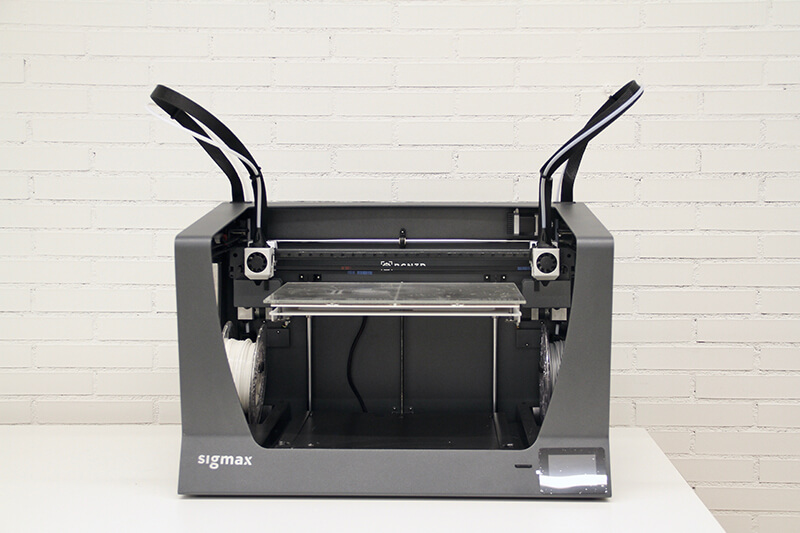
Technological and social innovation
“The challenge of this project is not technical engineering, it is social engineering“. Neil Gershenfeld, director of the MIT Center for Bits and Atoms – a space that studies how to break the barriers between the physical and the digital – visited this network in its first year of life and highlighted how transformative the Ateneos are for people due to their models of participation and networked work, the promotion of collaborative economy, and open and shared learning.
This impact on the population is demonstrated through various activities that seek to mobilize the social fabric. One of the most recent is a summer textile workshop aimed at women in vulnerable situations, carried out with the support of the entity Crea Dones. During covid, they created protective material against the virus that was distributed throughout Europe.
In parallel to these initiatives, other projects are emerging that are intertwined in the Ateneos, such as the Library of Things, a lending service of objects shared by people in the neighborhood for gardening, DIY… or to practice new sports.
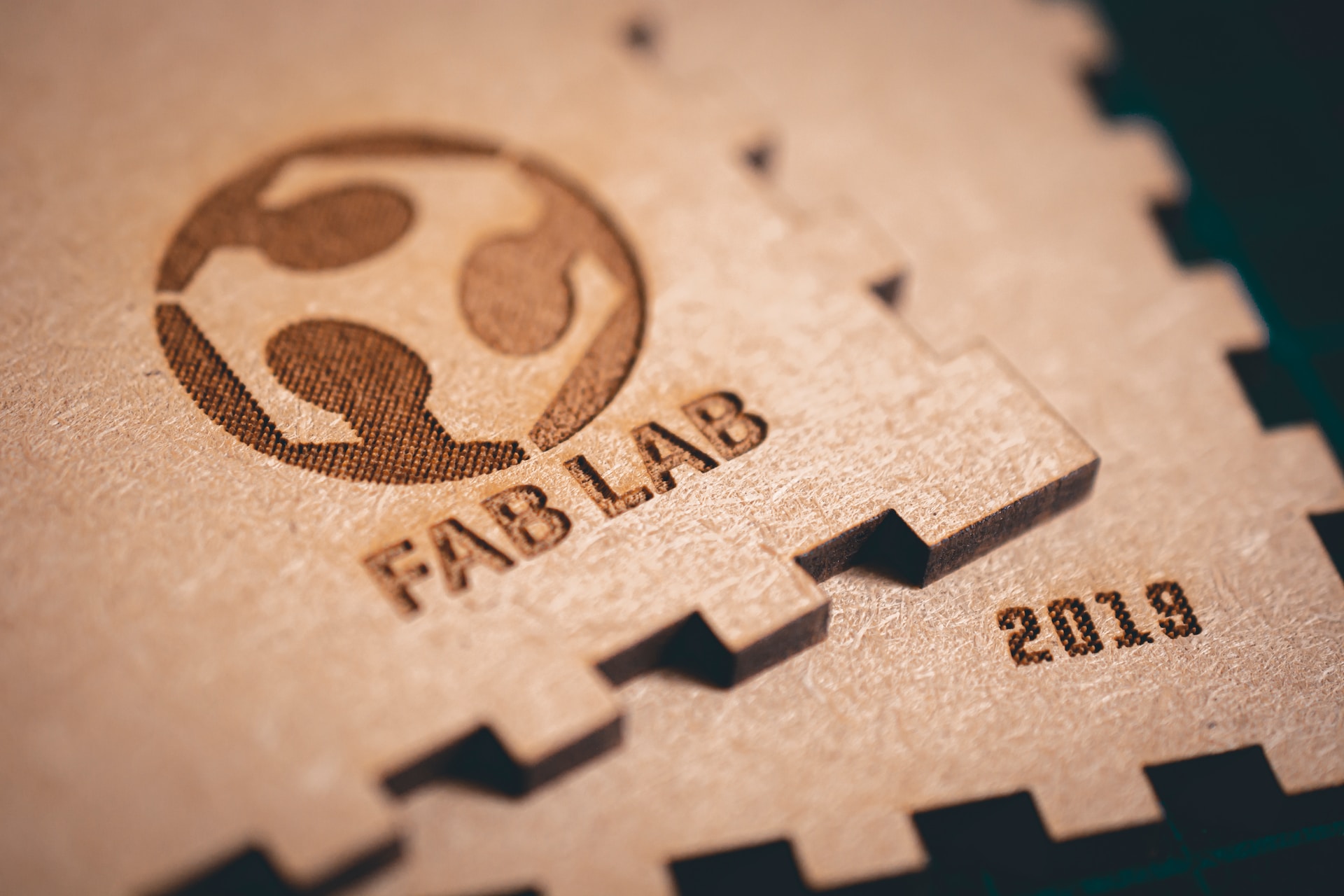
Do you think that in 30 years we will be able to produce everything we need from cities? Will these fab labs or similar initiatives proliferate in other cities? Tell us your opinion on social networks using the hashtag #ConnectionsByFinsa. We want to connect with professionals in architecture and interior design like you.


